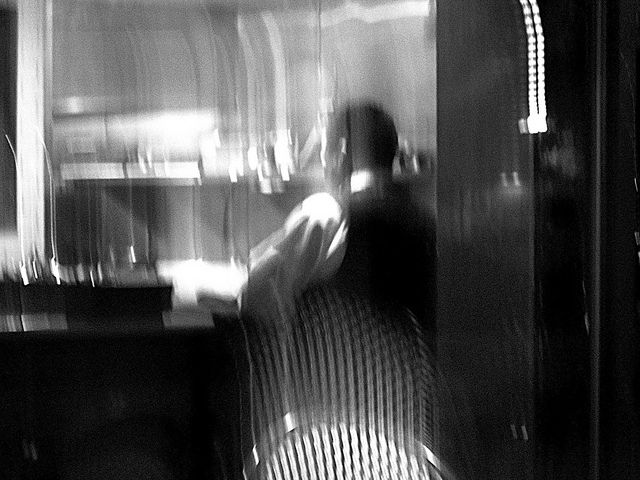Philadelphia lost 8,700 jobs in the last year, according to the Pennsylvania Department of Labor and Industry, and the politics of austerity from Harrisburg and D.C. are largely responsible, as the public sector alone lost 2,400 jobs.
Meanwhile, the much-vaunted Eds and Meds sector got hammered even harder, losing 3,600 positions categorized as “Education and Health Services.” (We’re looking at the period between May 2011 and May 2012.)
Only three sectors added jobs in the last year. “Retail Trade” and “Transportation” each generated 100 apiece, while “Leisure and Hospitality” added 2,000. And while any job growth is better than none, these three growing industries share something in common: They usually don’t pay well.
Philadelphia isn’t exceptional in this regard. A recent National Employment Law Project study found that in 2011, one in four private sector jobs paid less than $10 an hour. (Detroit’s greatly hyped $72 million Gateway Marketplace shopping center is a good case in point: It’s supposed to create 900 permanent retail jobs, but no mention is made of whether these jobs will pay enough to lift anyone out of poverty.)
The prevalence of low-paid work in Philadelphia directly relates to its high poverty rate — which, at 26.7 percent in 2010, is higher than Baltimore. In the short term, there is little Philadelphians can do to, say, get urban subsidies back on the policy table or return well-paying manufacturing jobs to the city.
But that doesn’t mean there isn’t something to be done. Manufacturing isn’t intrinsically remunerative work: Workers, citizens and legislators faced challenges through the years to eventually turn those jobs into potential gateways to the middle class.
Now that the economy has changed dramatically, these battles are being fought on new ground. Security guards in the office towers of Center City are organizing with the gargantuan Service Employees International Union, while their counterparts at the Art Museum and the University of Pennsylvania have formed an independent, locally based union.
The new SugarHouse casino is fighting against a UNITE HERE organizing drive (the same union that has ensured that casino workers in Atlantic City and Chester, Penn. get healthcare and decent wages). Non-union membership organizations, like the nascent Restaurant Opportunities Center (ROC) and the Taxi Workers Alliance, are trying to build nontraditional worker organizations to attempt to bring a measure of fairness to their diffuse, high turnover industries.
But neither restaurant nor taxi workers — or, for that matter, yoga instructors or retail clerks — yet have the power to raise their industries out of a low-income economy. ROC largely depends on a dangling-carrot model, attempting to convince employers that their way will work better for the employer (arguing, for instance, that paid sick leave is good for the business owner, since it reduces turnover and food poisoning).
What if an employer doesn’t like the carrots? Last year, ROC worked with City Council member James Kenney to draft and pass a law that banned restaurants from deducting money from server tips to help pay credit card processing fees. Anti-wage theft legislation, to prevent employers from flagrantly stealing wages, and the paid sick leave bill that was killed by Mayor Michael Nutter’s veto are other examples of legislation that could have changed the low-wage job market — a market that for now will remain a big part of Philadelphia’s future.
As The Economist notes, better paid workers will likely spend their extra dollars in the city, which benefits the very restaurants and bars that employ them. Workers who make more than the minimum wage — and whose wages aren’t stolen — mean a larger, deeper tax base, which is essential for cities like Philly that aren’t likely to get more help from the state or federal government.

















